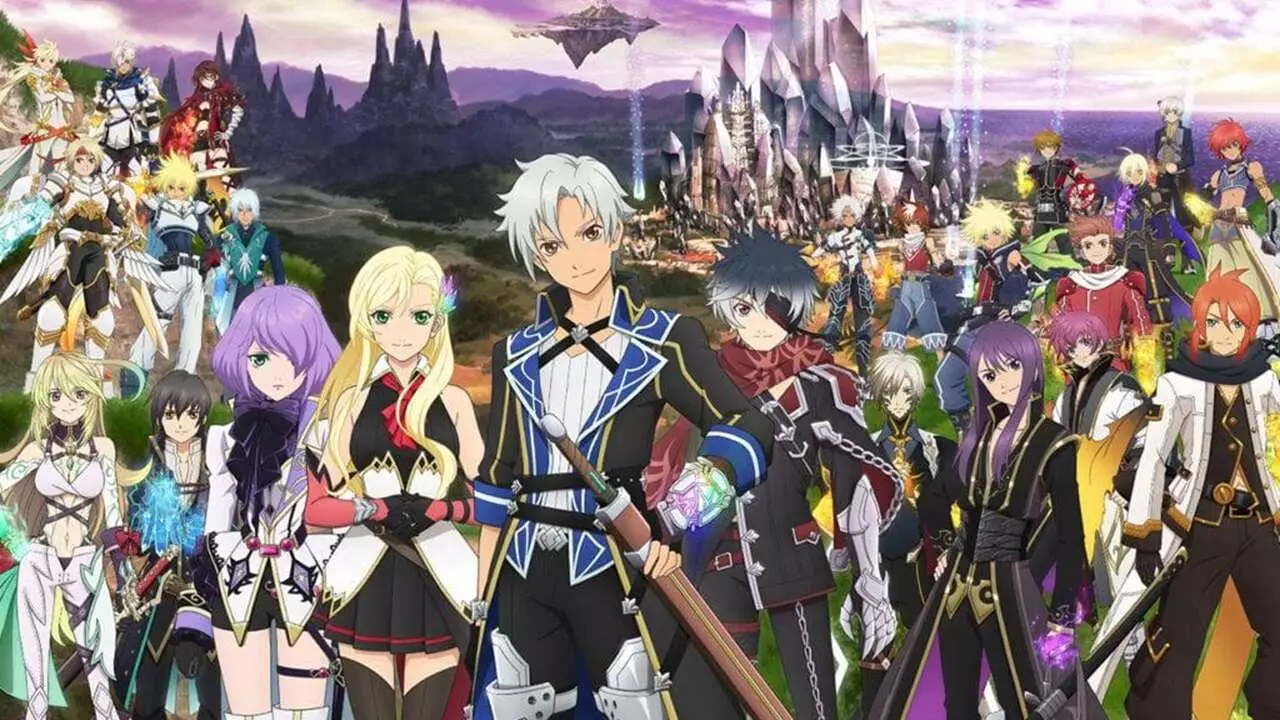The gaming industry has encountered significant turbulence in recent years, and Bandai Namco is no exception. In a climate marked by mass layoffs and fundamental restructuring among video game companies, Bandai Namco has deleted multiple titles from its slate, including highly anticipated projects based on the revered franchises of One Piece and Naruto. Adding to the uncertainty, the company has also scrapped an unnamed collaborative project with Nintendo, further highlighting a sharp pivot in their development strategies. This decision demonstrates a growing trend of caution in a market that is undoubtedly re-evaluating risk amid fluctuating consumer engagement and economic pressures.
One of the more concerning revelations surrounding Bandai Namco’s operations involves their staffing choices. According to a Bloomberg report, the company has employed an unsettling approach to managing employee layoffs, colloquially dubbed oidashibeya, or “expulsion room.” This method, aimed at subtly encouraging employees to resign voluntarily without receiving severance pay, reflects a merciless corporate strategy during a financially challenging time. Although Bandai Namco has rebutted claims of utilizing this tactic, it cannot escape the growing scrutiny surrounding its workforce strategies. Nearly 100 employees have felt the impact of these changes, with resignations escalating at an alarming pace, casting a shadow over the firm’s worker morale.
The ramifications of these canceled titles are not confined to internal business operations; they resonate deeply within fan communities and the developers dedicated to bringing these worlds to life. The discontinuation of the long-running mobile game Tales of the Rays and the impending closure of the MMO Blue Protocol serve as stark reminders of the volatile nature of the gaming industry. While Bandai Namco has expressed regret regarding the unavailability of Blue Protocol to global audiences, the emotional investment evident among the player base cannot be overlooked. Fans of these franchises deserve transparency and communication, especially when their beloved games become casualties of corporate restructuring.
Despite these tumultuous developments, Bandai Namco remains resilient. The recent success of Dragon Ball: Sparking Zero, which achieved remarkable sales of over 3 million units within its first day, offers a silver lining amid the corporate shake-up. This initial triumph underlines a potential pathway forward, signaling that title-specific popularity could still serve as a benchmark for success amid the uncertainty. However, the company must pivot wisely, embracing a balance between innovative game development and judicious workforce management. Transparency in decision-making and strategic long-term planning will be imperative as Bandai Namco navigates the uncharted waters of the gaming landscape.
Bandai Namco’s current trajectory illustrates the precarious balance within the gaming market today. With significant layoffs, project cancellations, and internal processes that draw critique, the company stands on the brink of potential reinvention, hinging on its ability to adapt and evolve in a continuously shifting environment.


Leave a Reply